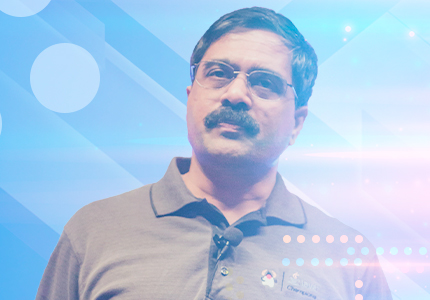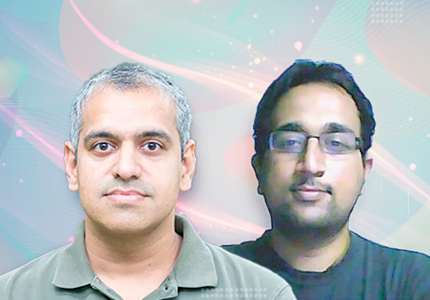
< session />
What The Functional Programming
Tue, 22 April, 4:30 PM - 5:30 PM GMT+5:30
Functional Programming (FP) is often perceived as "mathy" and academic, yet many developers are finding that it offers practical advantages for building reliable and maintainable software. This talk demystifies FP by connecting its core principles with real-world applications and showing how these concepts can address common programming challenges.
Through hands-on code examples, you’ll learn how to apply fundamental FP concepts—such as immutability, functors, applicatives, and monads—to solve real problems more effectively. We’ll explore how FP can make your code more predictable, testable, and modular, equipping you with powerful tools for tackling complex tasks with elegance and clarity.
By the end of the session, you’ll have a better understanding of how FP principles can elevate your programming, making it easier to build systems that are not only easier to maintain but also resilient and robust.
Target Audience: This session is geared toward Developers and Software Engineers who want to enhance their programming skills by understanding and applying Functional Programming principles. Backend Engineers and Tech Leads will also benefit from insights on how FP can improve code quality, especially in complex or data-intensive applications.
< speaker_info />
About the speaker
James Ward
Principal Developer Advocate, AWS
James Ward is a professional software developer since 1997, with much of that time spent helping developers build software that doesn't suck. A Typed Pure Functional Programming zealot who often compromises on his ideals to just get stuff done. Currently a Developer Advocate for AWS.nerd / software developer who shares what he learns with others though presentations, blogs, demos, and code. After over two decades of professional programming, he is now a self-proclaimed Typed Pure Functional Programming zealot but often compromises on his ideals to just get stuff done. After spending too many sleepless nights in data centers repairing RAID arrays, he now prefers higher-level cloud abstractions with appropriate escape hatches. James is a huge Open Source proponent, hoping to never get burned by lock-in again.








